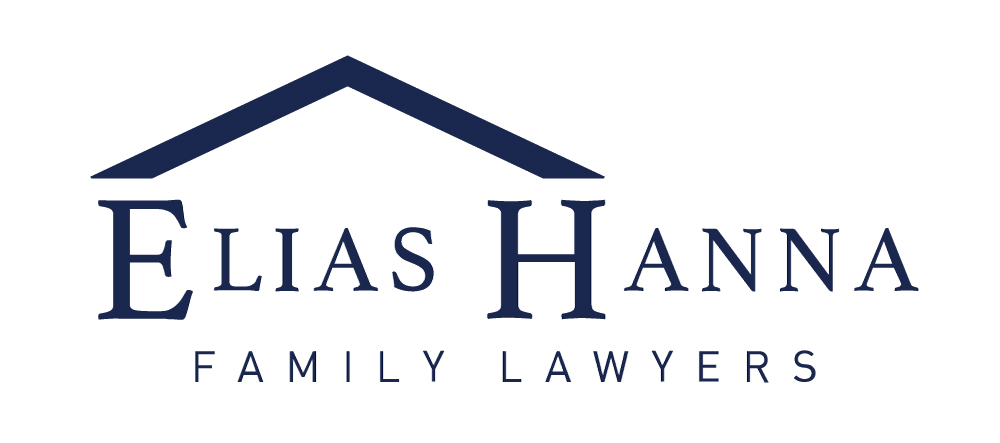Alternative Dispute Resolution (ADR) are non-adversarial processes designed to assist a separating couple reach agreement regarding the necessary parenting arrangements to be made for their children and/or the terms of their final property division, without the financial expense and emotional stress associated with proceeding by way of contested litigation in the Family Law Courts. ADR includes:
1). Negotiation
2). Settlement conferences
3). Mediation
4). Conciliation
5). Arbitration
6). Collaborative Law
7). Family Dispute Resolution (FDR)

Family Dispute Resolution (FDR) is a compulsory form of mediation for parenting matters. It enables parties to avoid having to go to court to obtain their rights as parents of a child or children if they can reach agreement on the terms of a Parenting Plan.
If they have not attempted FDR first, parties are restrained from commencing proceedings before the Family Law Courts seeking parenting Orders, unless there are urgent circumstances requiring the court’s determination, or issues of family violence or abuse which make their situation unsuitable for a FDR conference to be held. In those circumstances, an exemption is obtained.
The purpose of the various forms of ADR is to get parties out of the Family Law system as quickly and cheaply as possible. Some provide a forum for a separating couple to sit down together with an independent, third-party professional in the middle to discuss their circumstances and expectations, and get help in developing realistic outcomes in their best interests and those of their children.
Not all forms of ADR allow lawyers to be present to assist their clients. Some involve just the parties and the mediator. In any event, we will provide you with thorough legal advice before you attend any form of ADR on your own, so that you know what your entitlements are, what you should ask for, and what to expect from the process.
If you are able to reach an agreement with your former partner at ADR, we can formalise the settlement by drafting on your behalf the necessary court documents, a Binding Financial Agreement, and/or a private Child Support Agreement.








